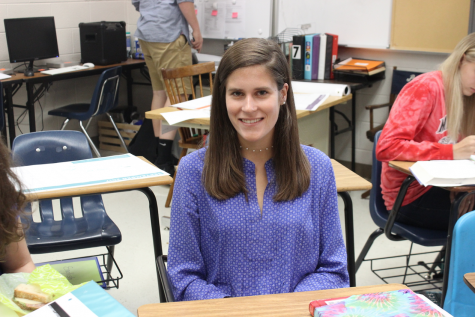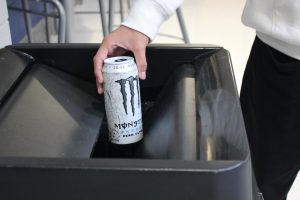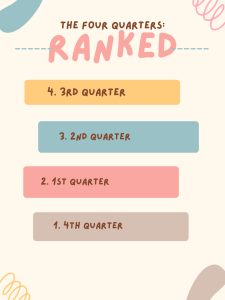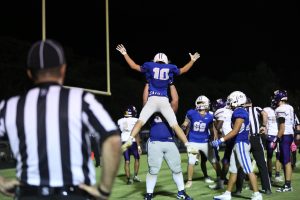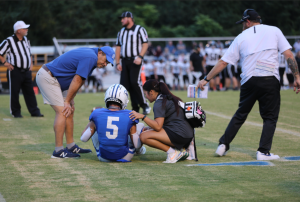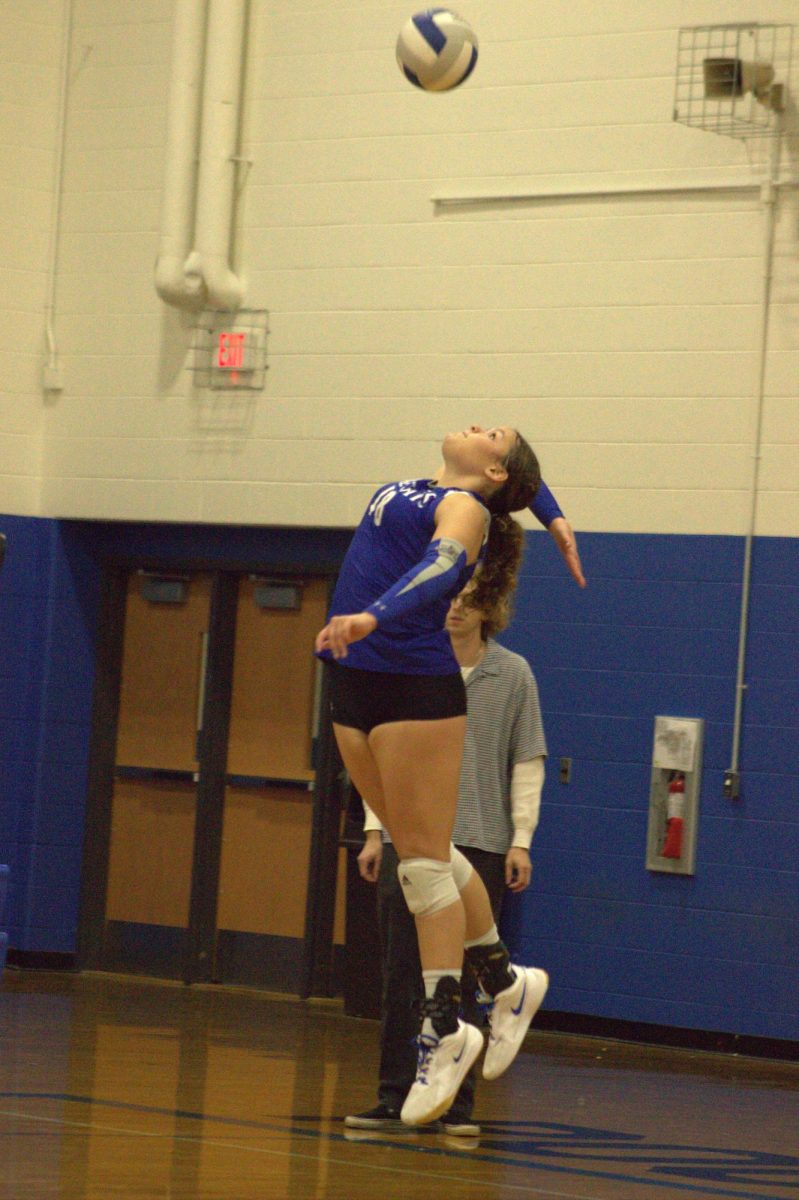Charlie Catalyzes Cat Sanctuary
May 26, 2017
About four years ago, after the death of Charlie the Cat, Dr. Angie and Dr. Steven Wilder, both school administrators, devoted themselves to providing perfect homes for infirm kitties, by founding the Tomorrow Kitty Organization (TKO) on their property.
“We had a cat named Charlie, who walked onto our property down in Florida,” said Dr. Steven Wilder. “We took him to the vet and the vet tested him and said that he had feline AIDS, and that he had to be put to sleep. Later, we found out that that’s not necessary. You don’t have to put feline AIDS kitties to sleep; they can live for years. We sort of promised to Charlie that we would do something about it, and that’s what we did. Charlie was sort of the inspiration for it.”
The Wilders have kept their promise to Charlie for nearly four years. Starting with 13 cats in their hospice, the Wilders now care for over 118 either sick or injured cats.
“Amherst Humane Society calls on us from time to time,” said Dr. Angie Wilder. “They’ll get a cat that either someone has turned in to be euthanized because it has feline AIDS, or feline leukemia, or sometimes they’ve been injured severely by a dog and maybe they’ve lost an eye, and the person can’t afford to have the animal go to the vet. We take care of the animal. We pay the vet bill, and they just become part of the Wilder clan, if you will.”
After receiving a cat, the Wilders test the cats for any infections or contagious diseases before letting them roam with the other cats, making sure to provide them with all the necessary medication to keep them comfortable.
“Cats who need medical care receive it,” said Dr. Steven Wilder. “The biggest problem is flea control. Put the Revolution [a pesticide] or something like that on it, multiply that by 100, because that’s how many animals we have and they all need it, so it gets a little pricey.”
Although a non-profit organization, TKO gets support from other animal lovers, stores and volunteers in the form of food and cash. TKO also started a cat house construction competition meant to provide the cats with houses on the Wilders’ property. Currently the Wilders have 22 homes for the cats and will have nearly 15 more after the next competition. The competition is open to high schoolers throughout Virginia and the winner receives a cash prize.
“If an animal needs to be kept isolated, because they have AIDS, leukemia, or some other disease, they are kept in what we call a habitat,” said Dr. Steven Wilder. “A habitat consists of a barn area and then an outdoor run area. The barns are usually eight feet by eight feet, like a storage shed, if you want to think about it that way, and then the runs come off of that another eight feet by eight feet. They get sunlight, they get rain, they get air, and everything else. There’s lots of perches inside. Within each habitat is also a heated house. The houses would look kind of like a dog house for a small dog, but they are insulated and they have a heat source inside.”
Along with cat homes dotting roughly one acre of the Wilders’ property, there are trees planted in the Fir Everforest by their home, honoring each of the cats that died at the hospice.
“Whenever one of our cats passes away, we plant a tree in their honor on our property,” said Dr. Angie Wilder.
The Wilder residence continues to be a safe haven for cats where they can live full, happy lives.
“Our motto is, ‘not pity, not sorrow, just hope for tomorrow,’” said Dr. Angie Wilder.

